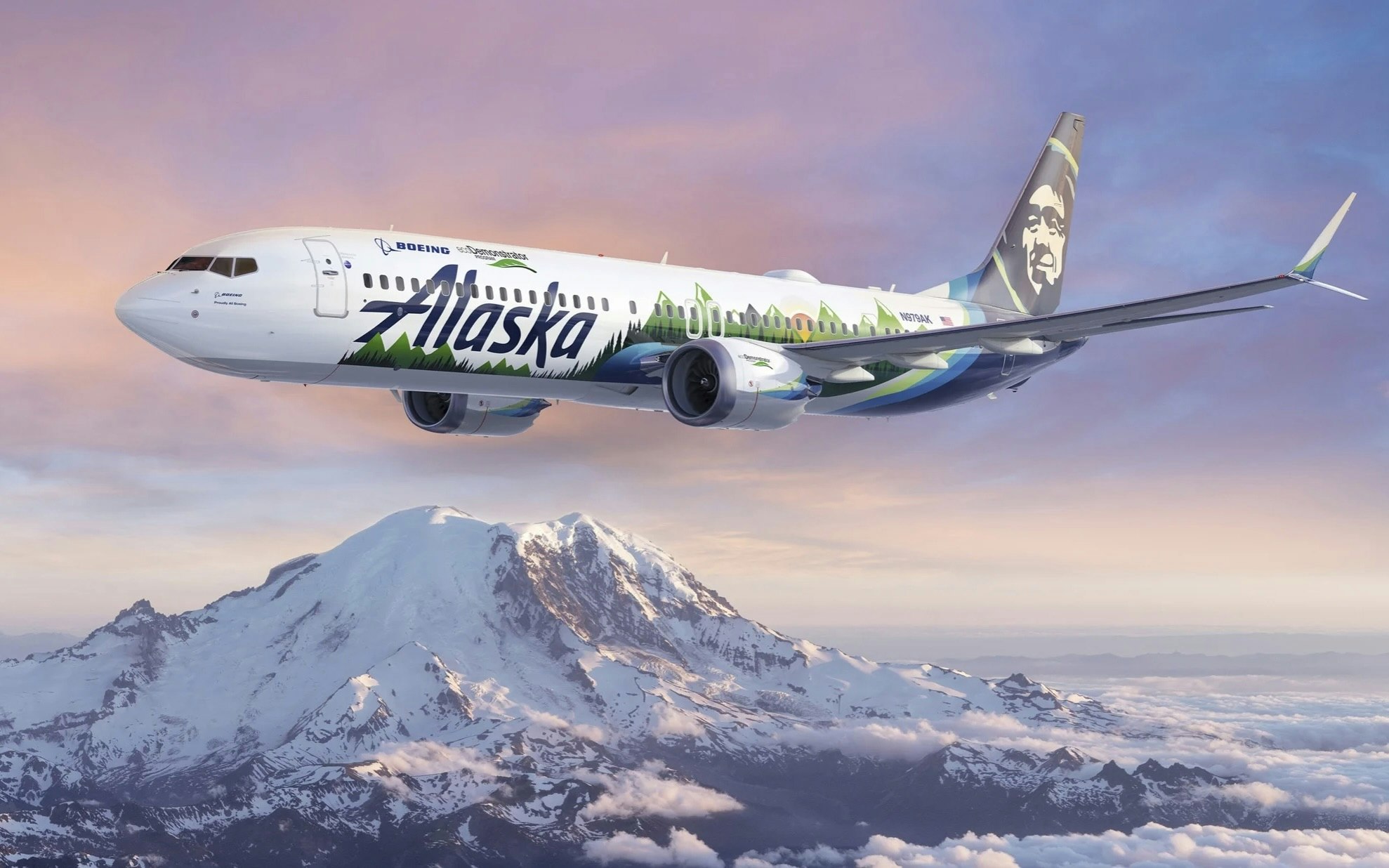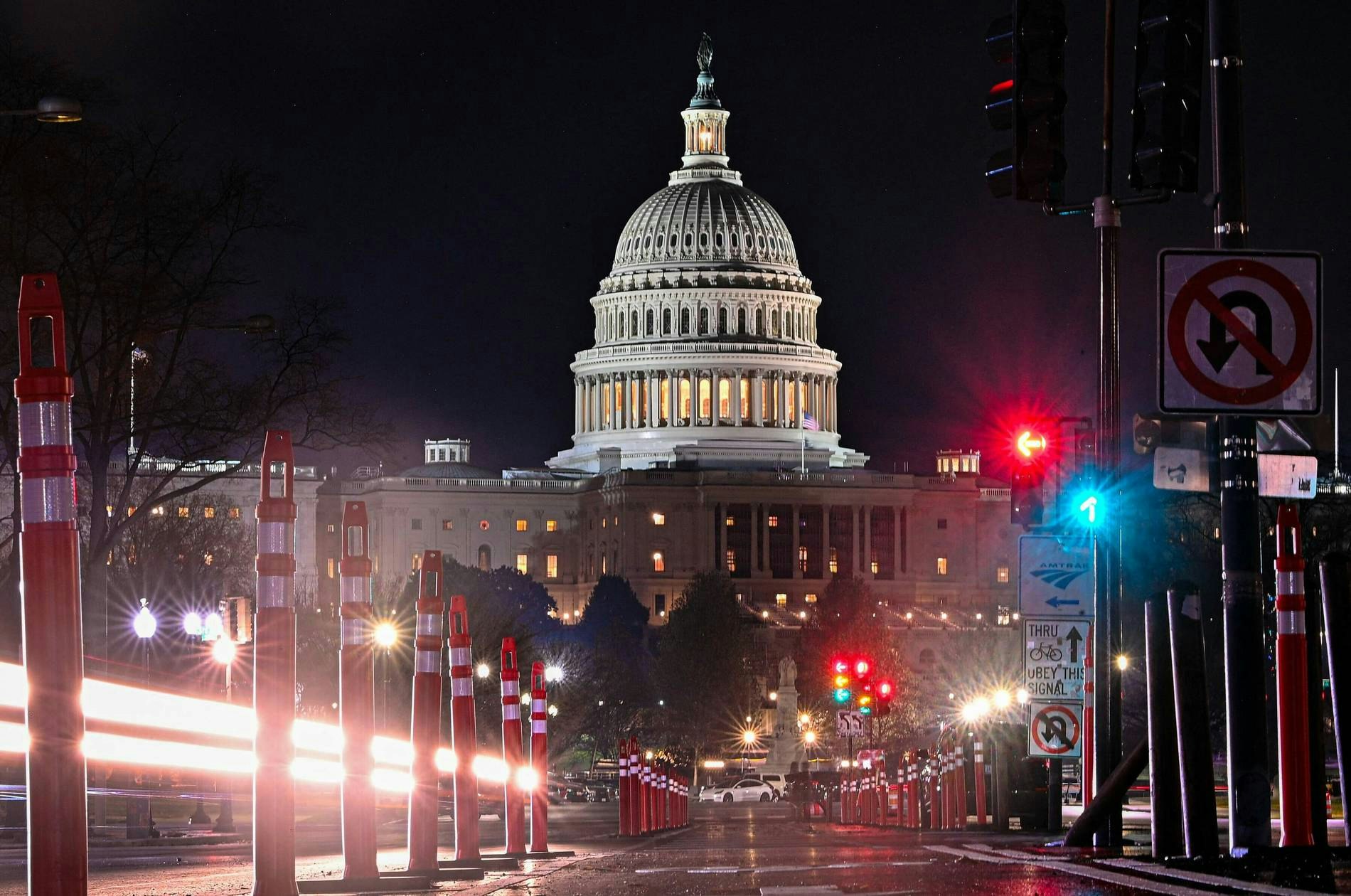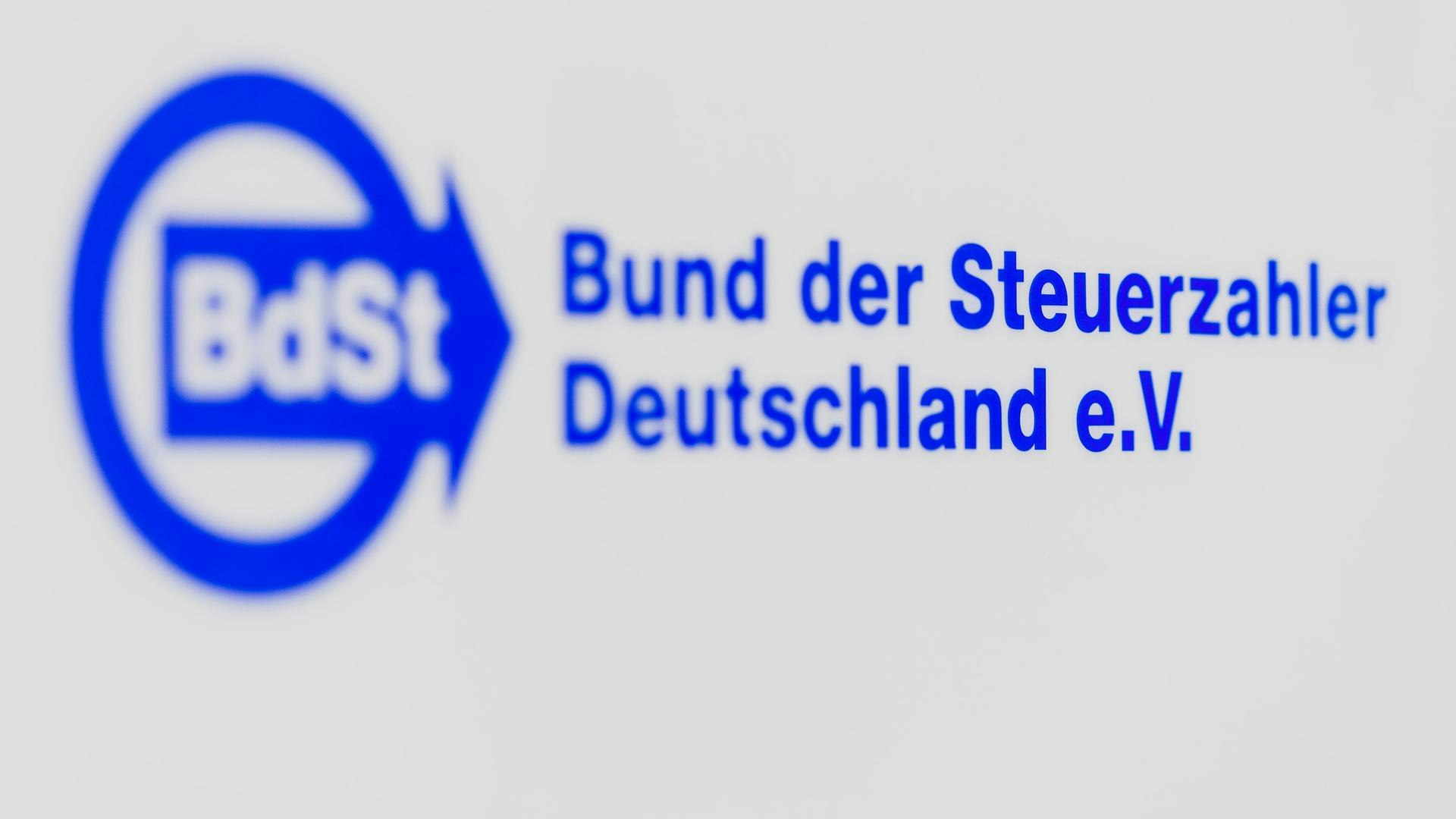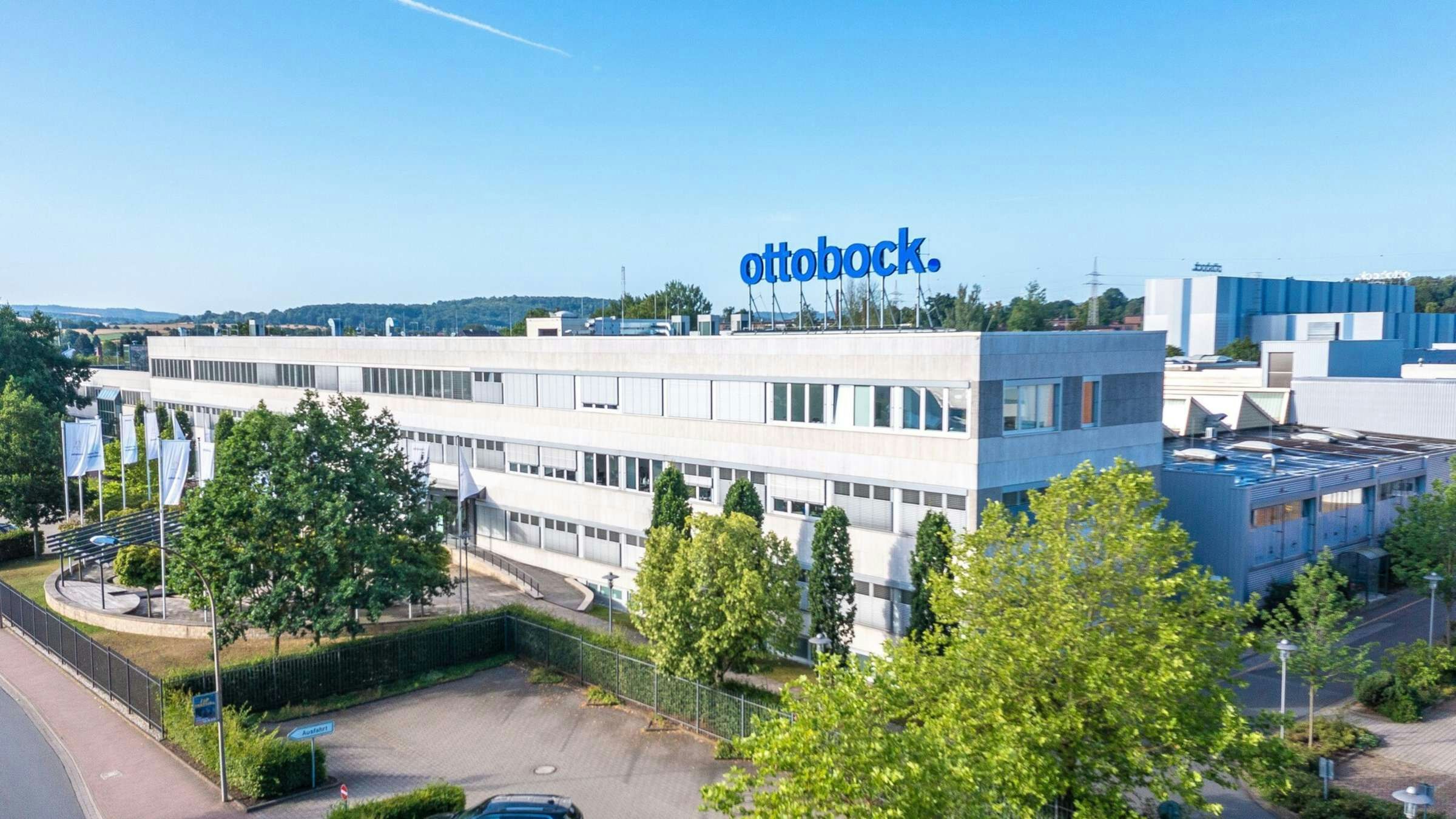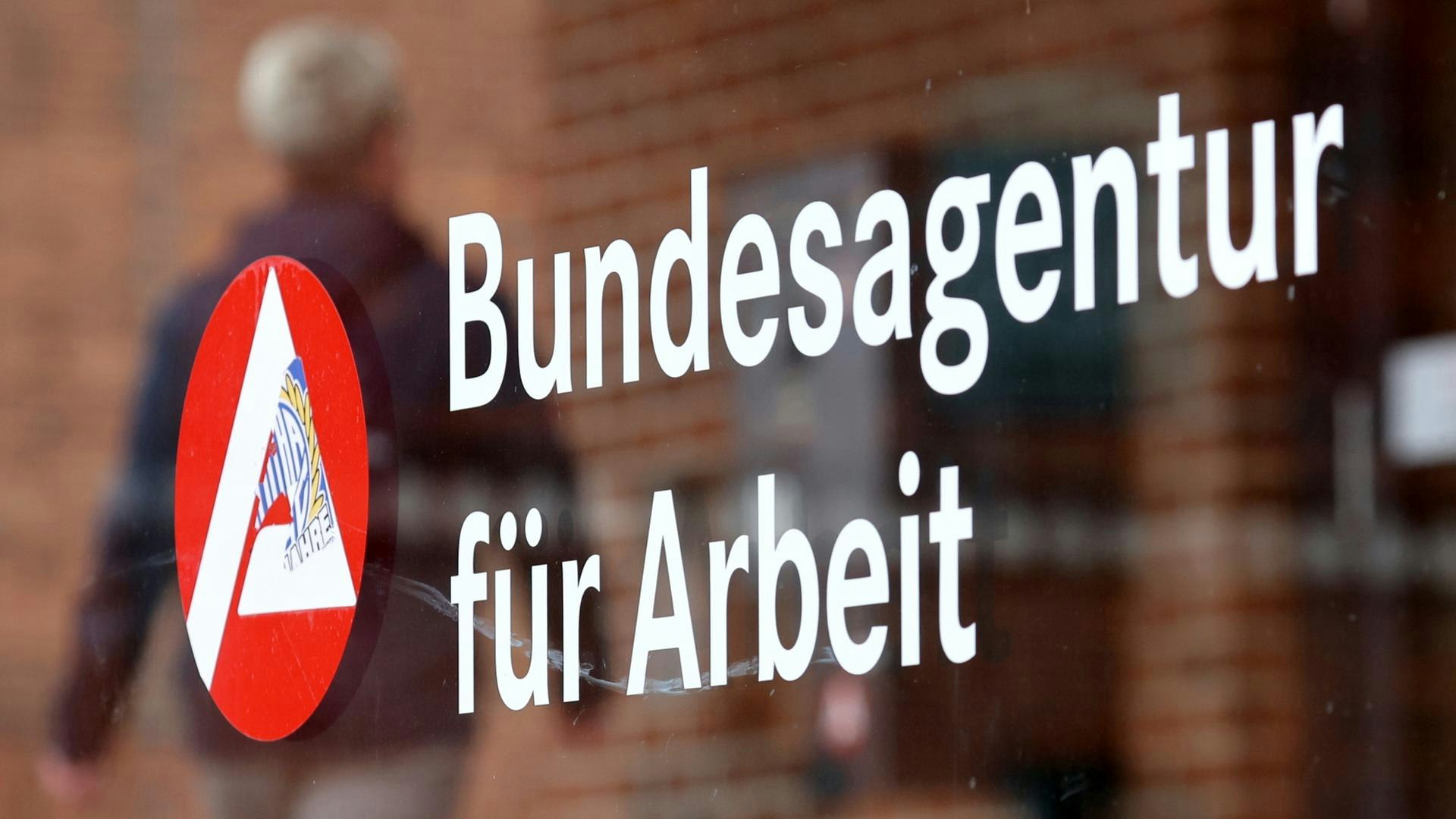Alaska Air and Hawaiian Airlines have reached an important milestone on their way to their planned merger, after the U.S. Department of Justice decided not to challenge the approximately one billion dollar transaction on antitrust grounds.
The Justice Department had been reviewing the merger for months after the two airlines reached an agreement at the end of last year. Both companies argued that together they would be able to connect Hawaii with more destinations and provide Alaska Air with a platform for international expansion as well as access to a fleet of wide-body aircraft.
In recent weeks, Hawaiian Airlines' stocks have risen as the government repeatedly delayed the decision on blocking the transaction.
However, the U.S. Department of Transportation must still approve the merger before it can be finalized.
If the merger is successfully completed, it would be the first major merger in the U.S. aviation industry since Alaska Air's acquisition of Virgin America for $2.6 billion in 2016.
This is a significant milestone in the process of merging our airlines," stated Alaska Air on Monday. The company emphasized that it has been working with the Attorney General of Hawaii to strengthen and expand commitments such as preserving the Hawaiian brand, protecting local jobs, and maintaining air service to, from, and between the islands.
A spokesperson for Hawaiian Airlines declined to comment further. The two airlines had originally planned to complete the merger by June 2025.
The shares of Hawaiian Airlines fell by 4.4% on Monday to $15.88 — below the $18 per share that Alaska is willing to pay, indicating uncertainties regarding the merger prospects.
Under the Biden administration, antitrust authorities have taken a tough stance on corporate mergers and acquisitions. The Justice Department expressed concerns about further consolidation in the aviation industry, as it is skeptical that a previous wave of mergers benefited consumers – the four largest US airlines control about 80% of the domestic market.
This year, the Justice Department succeeded in blocking the merger of JetBlue Airways and Spirit Airlines, and last year, it won a lawsuit that forced American Airlines and JetBlue to abandon a partnership in the Northeast United States.
When Alaska and Hawaiian announced their merger plans, they stated that together they would control more than 50% of the market in Hawaii. Nevertheless, they would remain the fifth largest airline in the USA by market share, far behind the larger airlines that dominate the domestic market. The two companies also stated that they would maintain their separate brands.
Analysts see the merger with Alaska as a much-needed lifeline for Hawaiian Airlines, which has been struggling with a series of challenges and is posting losses. Tourism in Maui has not yet fully recovered after last year's fires, and demand from Japan, a key market, is also recovering slowly following the Covid-19 pandemic. Additionally, Southwest Airlines has introduced competition on inter-island flights, although Hawaiian Airlines has stated that these routes are improving this year.
The Governor of Hawaii, Josh Green, supported the merger and wrote to Secretary of Transportation Pete Buttigieg and Deputy Attorney General Jonathan Kanter, stating that the merged airline would be able to offer more frequent and better-coordinated flights and expand access for both locals and tourists.
The planned merger of Hawaiian Airlines and Alaska Airlines is different from other airline mergers," he wrote. "This is a rare case where competition, consumer choice, and job security depend on the integration of these two airlines.
Last week, a federal judge in Hawaii dismissed a lawsuit by consumers who had tried to block the merger, arguing that the consolidation would result in fewer flight options and higher prices.


